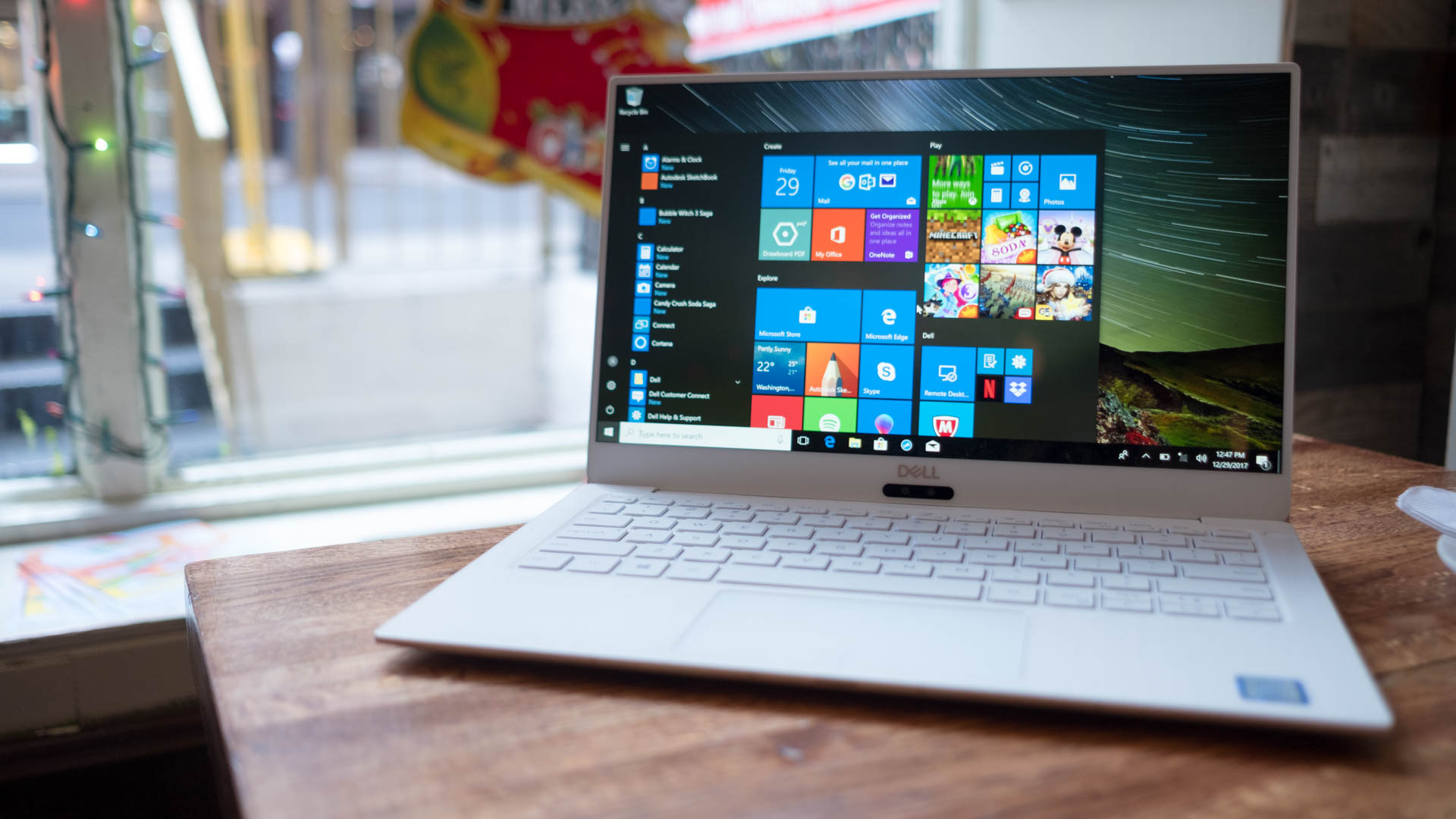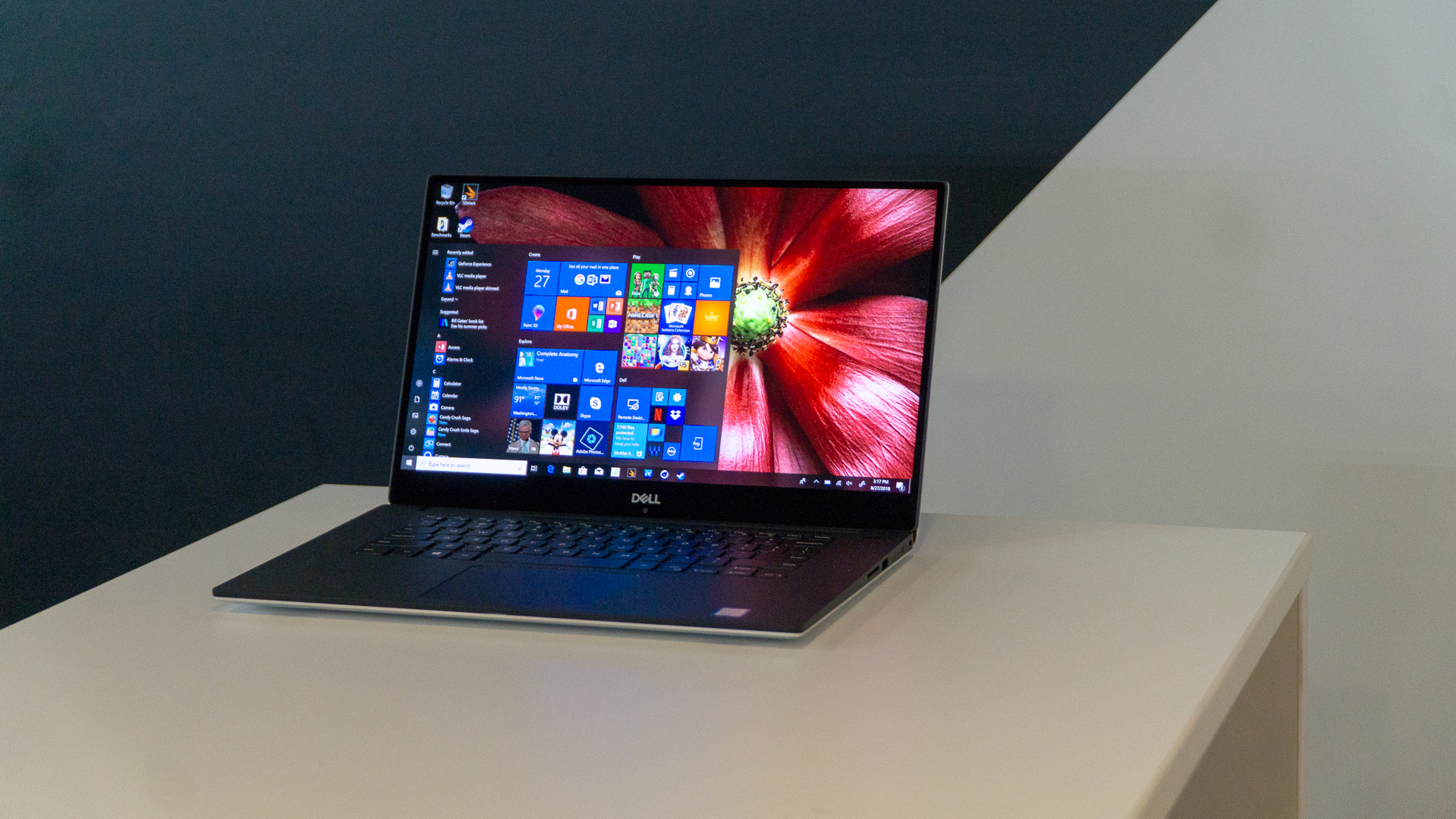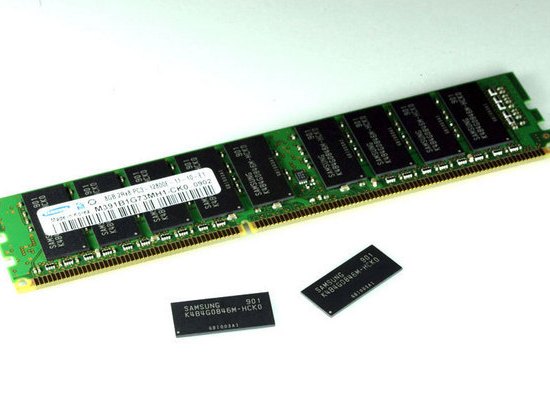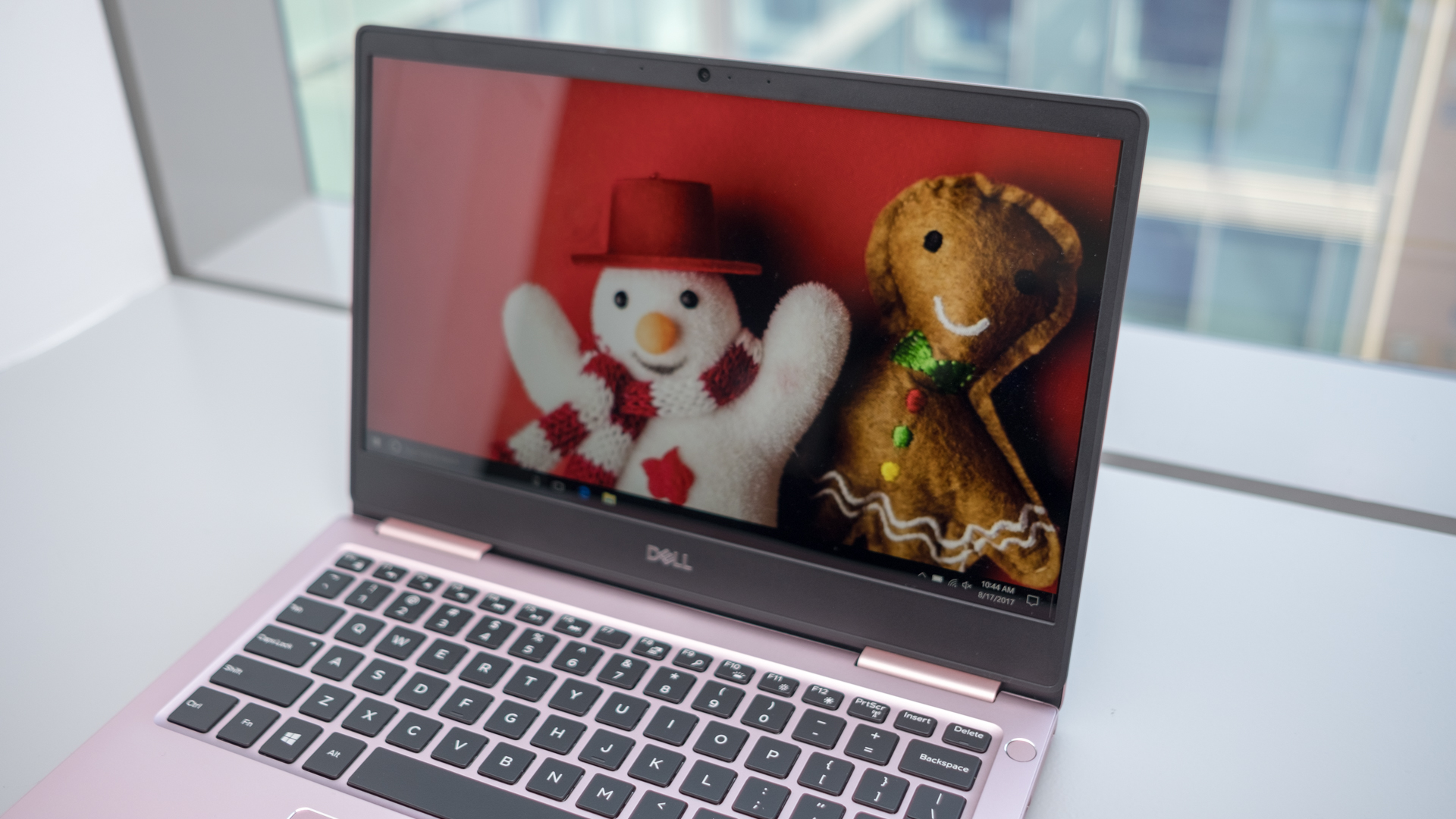Dell Black Friday and Cyber Monday 2018: what to expect this year
Dell Black Friday deals in 2018 are incredibly likely, considering the huge deals the the computing firm offered in 2017. That means you won't want to miss out on anything this year, and we're here to help prepare you.
We're expecting Dell to offer up huge Black Friday deals on lots of its best laptops and desktops. Better yet, Dell is known to offer up deals on other products entirely, like third-party accessories, headphones and speakers on Black Friday as well.
You stand to gain a lot more than just a shiny, new laptop by following this year's Black Friday deals from Dell. But, you want to make sure you get the best possible price for the best possible product, so read on for ways to ensure you get the best Dell deals on Black Friday 2018.
How to get the best Dell deals on Black Friday/Cyber Monday
Last year, Dell had some pretty brilliant deals on its laptops and desktops during almost all of November in an attempt to get ahead of the competition. The company started doling out the deals as early ahead of Black Friday as November 15.
While we've yet to hear anything from the horse's mouth, it would be wise to anticipate a similar approach from Dell for Black Friday 2018.
We'll be sure to highlight the top Dell product deals as soon as they're available, but here are some particular brands and models to look out for starting around mid-November, all of which enjoyed sizeable price cuts last year.

The best Dell Black Friday deals from last year
Best Dell Black Friday deals predictions for 2018
We've been covering the best laptop deals on Black Friday for long enough now that we can come up with some decent predictions for Black Friday 2018.
Big name brands like Dell are likely to deliver big price cuts to their range of laptops, both budget and high-end. Last year, Dell's XPS 13 and XPS 15 laptops saw generous price cuts, and we hope to see similar cuts this year. They are two of the best laptops money can buy, so if you find those two getting discounted on Black Friday, definitely consider buying them.
If last year's Black Friday is anything to go by, Dell will start offering big discounts before the day itself, so keep a close eye out for any 'early bird' offers. We'll post any that we find right here. There will likely be a coupon you can use, similar to the EARLYBIRD15 discount voucher used in the run up to last year's Black Friday.
To prepare yourself for the inevitable Dell Black Friday deals, read on for our tips on securing the best offers.
Know what you want before Black Friday
Before Black Friday, draft up a list of what you want from your Dell notebook, and any models or brands that have caught your fancy. This means your deal-hunting can be focused and more successful.
This will also help to keep you from blowing cash on impulse buys that you may regret later – especially if a deal for a product you actually do want crops up later, and you've already spent your budget.
Sizing things up
Firstly, you need to consider the overall size of the Dell laptop you’re buying. The most common sizes are 13-inch, 14-inch, 15-inch laptops, with 17-inch models growing less and less popular these days. (There are also somewhat smaller and larger devices out there, but you’re less likely to run into those).
Smaller laptops tend to not only be more portable but more affordable, too. Larger laptops, inversely, will offer a wider screen and, because there’s more space inside, you’re more likely to find more powerful processors and a larger battery.
If you’re looking for something to take on the go frequently, you’ll want to opt for a more compact laptop which is light (less than 4 pounds, ideally less than 3 pounds).

Check the specs
Taking a long look at the configuration of the Dell laptop before you buy can provide a clear idea of whether the deal is worth considering. If the specifications point to an old or low-power laptop, then the deal may not be as decent as you first thought.
On the other hand, if the specifications point towards a strong laptop that comes with features you'll seldom – if ever – use, then you may be better off saving your cash and searching elsewhere.
As far as performance is concerned, what is most important consider are the core parts inside the machine. That’s your processor, system memory, storage and – to a lesser extent – the graphics processor.
When it comes to the main processor, most of the CPUs you’ll find will be manufactured by Intel. While the Intel Core i5 is a decently powerful model, the Core i7 is the most powerful choice in every case.
Most folks won’t need the kind of oomph the Core i7 offers unless you're deep into gaming, video editing or other heavy-duty tasks. So, the Core i5 is the ideal mid-range option. There’s also the entry-level Core i3 processor, if you’re looking for an affordable machine that you don’t mean to use for anything more demanding than browsing the internet or drafting up documents.
Very slim laptops are likely to house a Y series Intel processor, as they can run without any fans to cool them. The trade-off here is that they're not nearly as performant – an example is the Core m3-7Y30. Note that the Y series chips feature ‘Core m’ models (m3/m5/m7), which is simply another way of labelling these as lower-power CPUs.
Intel Atom processors are widely found in the truly affordable portables and, shockingly, don’t run all that smoothly. If you’re only looking to use the laptop for basic web surfing, you’ll manage okay, but this isn’t a limitation that will be tolerable to most users.
Intel isn’t you’re only choice, however – you could easily opt for an AMD APU, an Accelerated Processing unit, which has a CPU and a GPU (graphics processor) on the same chip. A growing number of devices are coming with AMD hardware, which gives you more options and can generally be found for cheaper than Intel-toting laptops while offering similar levels of performance.

RAM counts
The next piece to mull over is system memory, or RAM. Ideally, you want at least 4GB, though 8GB is the preferable option for future-proofing and any type of gaming. Some more affordable laptops still run with 2GB of RAM, but these days that really is not enough to run Windows 10 well – even though it’s technically within the system requirements for the OS.
Sometimes, the speed of the RAM is denoted in MHz, but don’t fret about that too much; it’s the amount of RAM that’s more important than speed in terms of performance.
Storage selection
Today, you’ll find that many Dell notebooks use an SSD (solid-state drive) for storage. SSDs offer speedy and responsive performance, which translates to apps and programs that load swiftly.
More affordable models are more likely to have eMMC drives and, though these use flash memory just like an SSD, they’re markedly more sluggish.
eMMC is an effective means of laptop manufacturers cutting corners and costs, which is precisely why you’ll often find it in budget laptops.
If you seek to save some scratch, an eMMC drive is often a trade-off worth making, though, as these drives are still quicker than standard hard disks – if only slightly.
Traditional hard drives (which you’ll often find referred to as an HDD or hard disk drive) are the slowest, but cheapest and most capacious, medium of storage. Their strength lies in that they usually have far bigger capacity – you can find storage of up to 1TB even in affordable hardware.
A speed in rotations per minute (rpm) is always quoted with a hard drive, and the faster ones run at 7,200 rpm, with slower drives pitched at 5,400 rpm. The latter may be rather slow as a rule of thumb but, once again, bear in mind that, as with SSDs, performance will vary across individual drives.
Reviews are your buddy here, so don’t be afraid to Google a particular model and look for an evaluation or two (and again, you can check out TechRadar’s review section).

Graphics and display
Most Dell laptops will have integrated graphics, meaning the GPU is hardwired to the CPU, and you’ll usually find that visual performance is rather limited as a result. With integrated graphics – referred to as Intel HD Graphics or Intel Iris, when it comes to Intel chips – you’ll be able to play casual games, but nothing more than that.
This will be OK for the average laptop user, but those who want to play some more heavy-duty games will need a discrete GPU – a graphics processing solution that sits separate from the general processor.
As an example, the GeForce MX150 is Nvidia’s current (Pascal-based) ground-level mobile GPU, but you may need to fork out for something a little more powerful than that for really strong performance. An example of a more powerful GPU would be the GeForce GTX 1060, but it should be noted that prices can soar swiftly when it comes to stronger and stronger GPUs.
As far as screens are concerned: most mid-level laptops will offer a Full HD display as standard, which is a resolution of 1,920 x 1,080.
However, when you move down the price spectrum towards more affordable models, you’ll still find there are plenty of products which only offer a resolution of 1,366 x 768. Don’t let this scare you, though.
This resolution is actually perfectly fine, especially on smaller-screened laptops. Indeed, a smaller resolution is often a benefit to a laptop with less powerful hardware driving it, as it means there are fewer pixels for the CPU and GPU to shift, making things more likely to run smoothly.
This is something gamers might want to keep in mind as well. Though a 4K display looks and sounds like an amazing idea, it’ll take a major toll on your machine’s core components. Sometimes, it’s worth sacrificing a bit of image quality for a smoother frame rate.
High-resolution 4K displays will also use your laptop's battery much faster. Given this is an area in which gaming laptops already struggle, you may want to consider what you’re losing to gain 4K.
Keep the receipts
Make sure you maintain your receipts in case you're not pleased with any of your purchases and want a refund – it's also worth checking the refund policy of websites before buying on Black Friday.
Some retailers will also offer longer warranties than others, which could be a deciding factor when purchasing a laptop or MacBook on Black Friday. Having a three- or- five-year warranty on your laptop will give you peace of mind, knowing that if anything goes wrong you'll be covered.
- Can't wait for Black Friday? Check out our collection of the best laptop deals right now
Stick with TechRadar to get the best Black Friday deals
On Black Friday (and Cyber Monday), the day itself can be a bit overwhelming as so many online retailers vie for your hard-earned dollar. While this means there are very competitive deals to enjoy, it also unfortunately means there are some deals that aren't as decent as they first appear.
That's why you should stick with TechRadar to guarantee you get the best Black Friday deals. We track all of the top retailer's Black Friday and Cyber Monday deals, and highlight the very best savings on the top laptops.
For the latest info, breaking deals and the biggest savings as soon as we know about them, make sure you follow TR Deals on Twitter so you don't miss out on any incredible Black Friday laptop deals.
- Black Friday laptop deals: how to get the best model for the best price
Contributer : Techradar - All the latest technology news https://ift.tt/2CJYIoI

 Reviewed by mimisabreena
on
Monday, October 15, 2018
Rating:
Reviewed by mimisabreena
on
Monday, October 15, 2018
Rating:















No comments:
Post a Comment